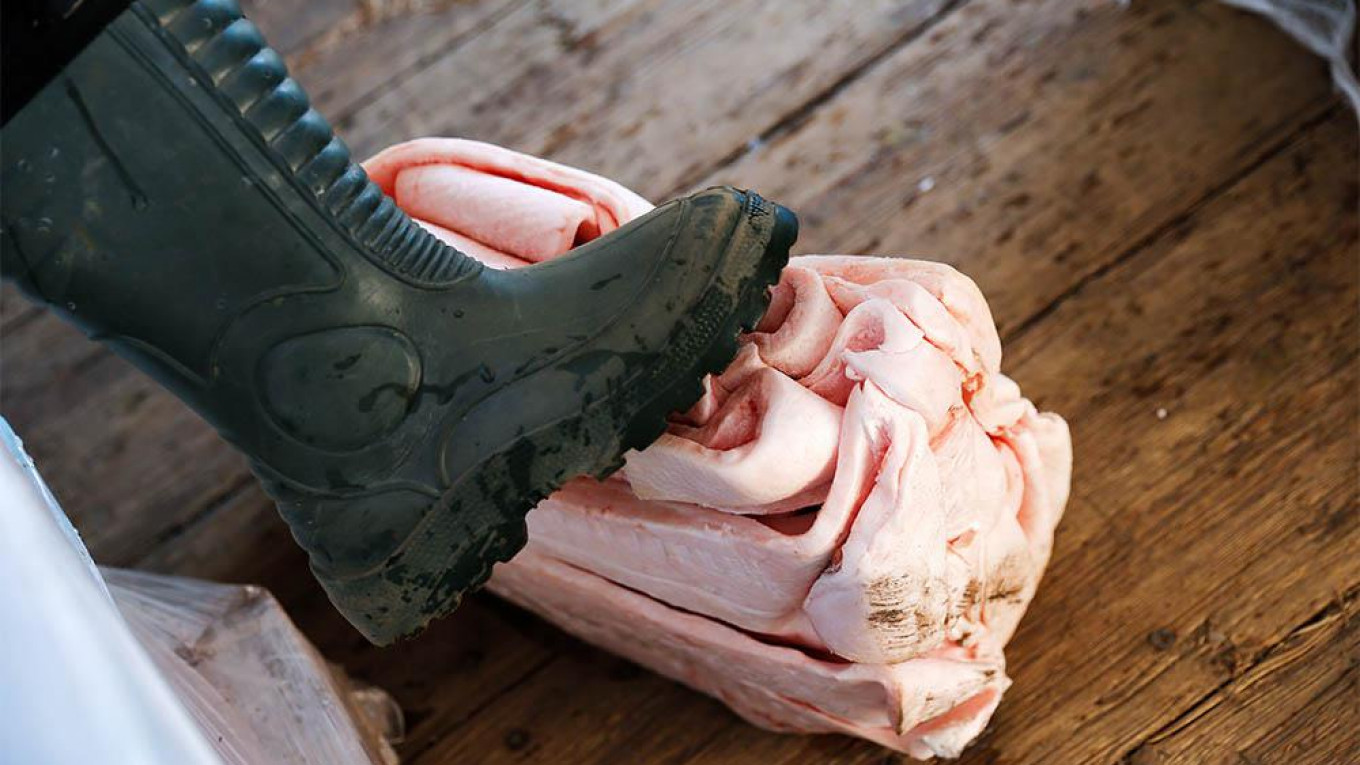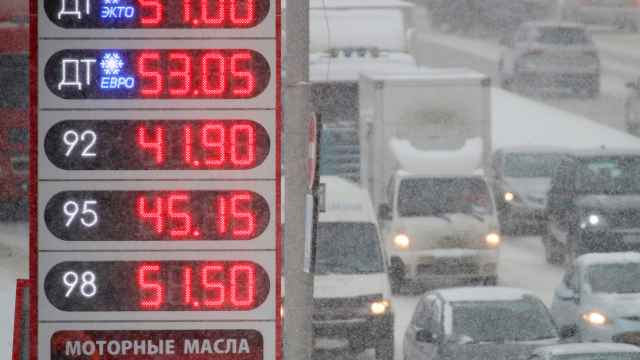Russian authorities have destroyed 19,000 tons of food since 2014, in compliance with an import ban on certain food products from Western countries.
The ban was introduced in August 2014 in retaliation to Western sanctions imposed on Russia following its annexation of the Crimean peninsula. Since then, the country has destroyed hundreds of tons of fruits and vegetables, cheeses and livestock products.
Over 19,000 tons of banned western food products have been destroyed as of Tuesday, Jan. 9, Russia’s state agriculture watchdog said in a statement published on its website.
Only 278 tons of the confiscated products remained untouched, Rosselkhoznadzor added.
The practice of destroying foods dates back to August 2015, a month after President Vladimir Putin ordered the physical destruction of fruits and vegetables, dairy, meat and other agricultural products imported to Russia from the blacklisted countries.
The ban, widely unpopular due to Russians’ memories of famines from World War II, has been extended until late 2018.
Meanwhile, the EU has demanded 1.4 billion euros in compensation from Russia for banned pork.
A Message from The Moscow Times:
Dear readers,
We are facing unprecedented challenges. Russia's Prosecutor General's Office has designated The Moscow Times as an "undesirable" organization, criminalizing our work and putting our staff at risk of prosecution. This follows our earlier unjust labeling as a "foreign agent."
These actions are direct attempts to silence independent journalism in Russia. The authorities claim our work "discredits the decisions of the Russian leadership." We see things differently: we strive to provide accurate, unbiased reporting on Russia.
We, the journalists of The Moscow Times, refuse to be silenced. But to continue our work, we need your help.
Your support, no matter how small, makes a world of difference. If you can, please support us monthly starting from just $2. It's quick to set up, and every contribution makes a significant impact.
By supporting The Moscow Times, you're defending open, independent journalism in the face of repression. Thank you for standing with us.
Remind me later.






